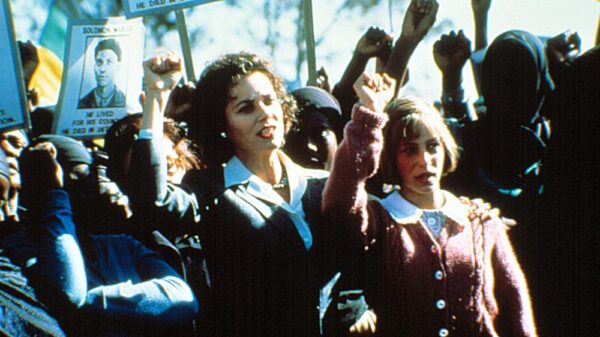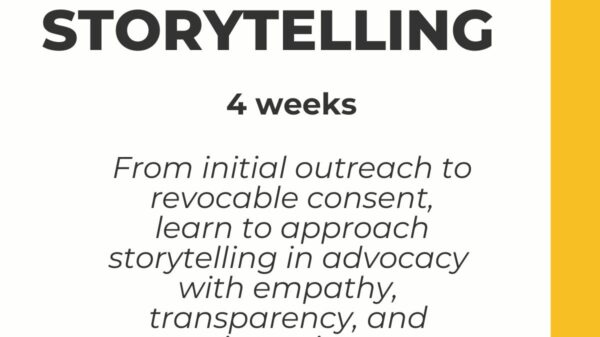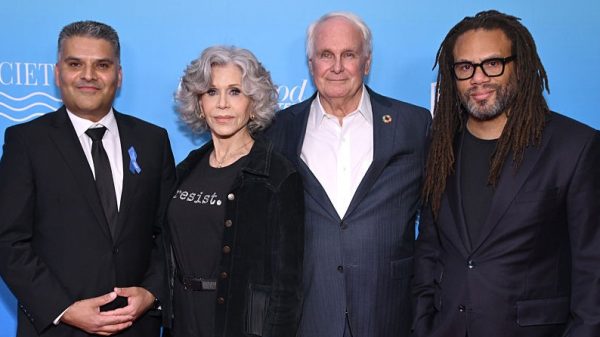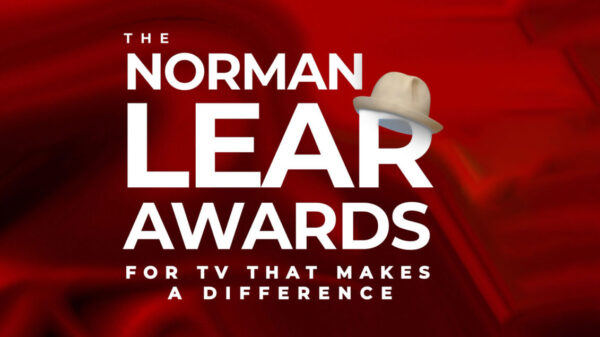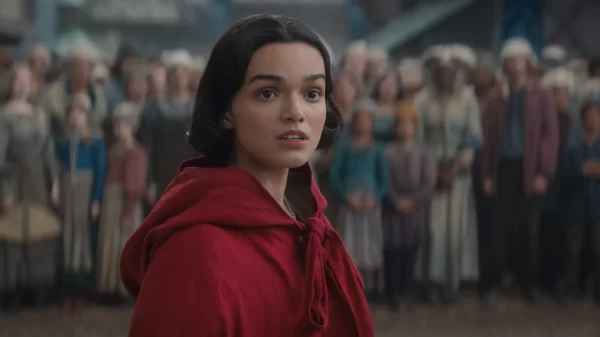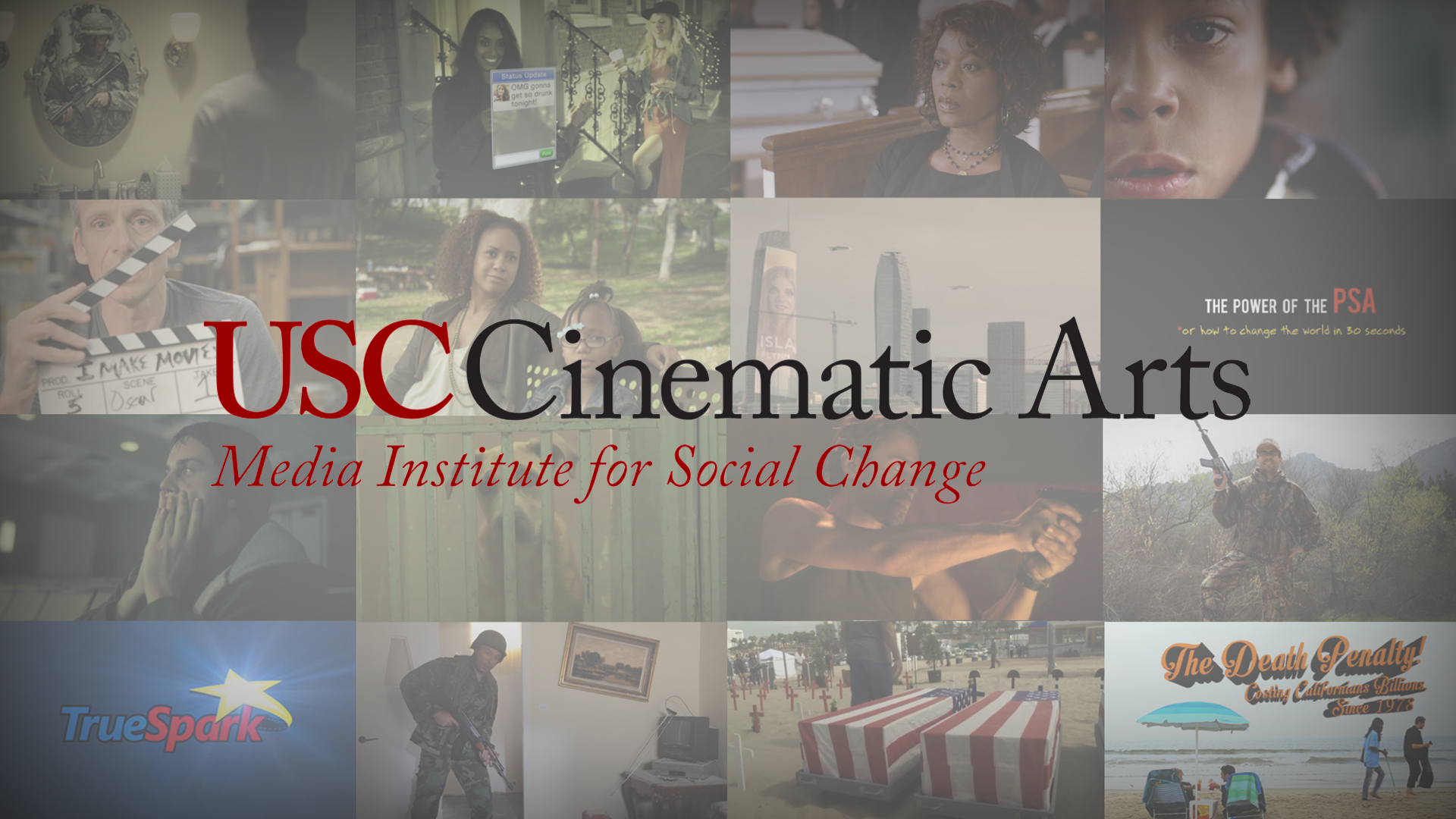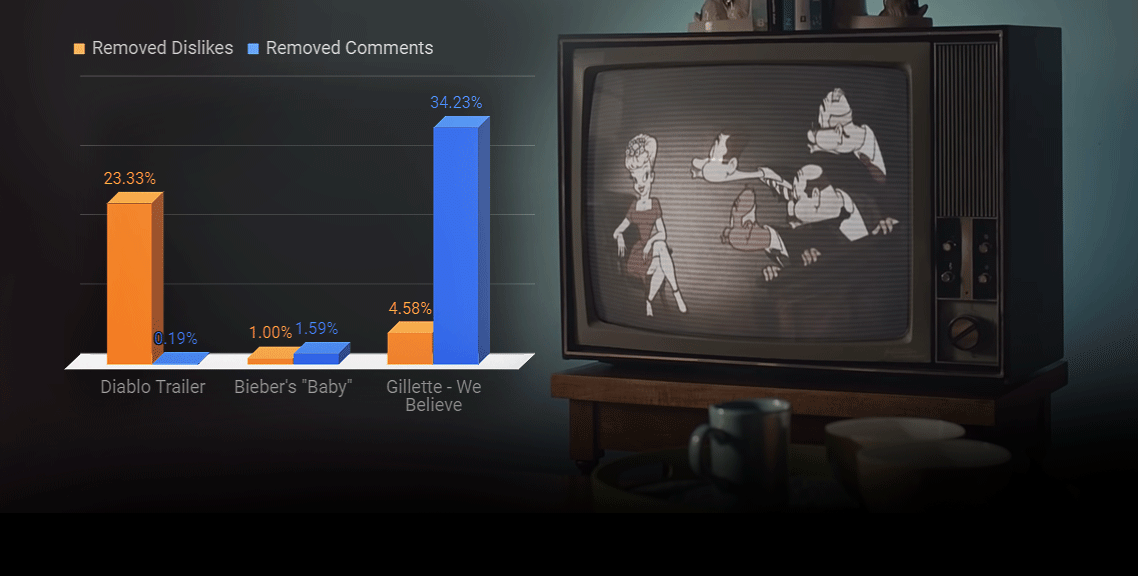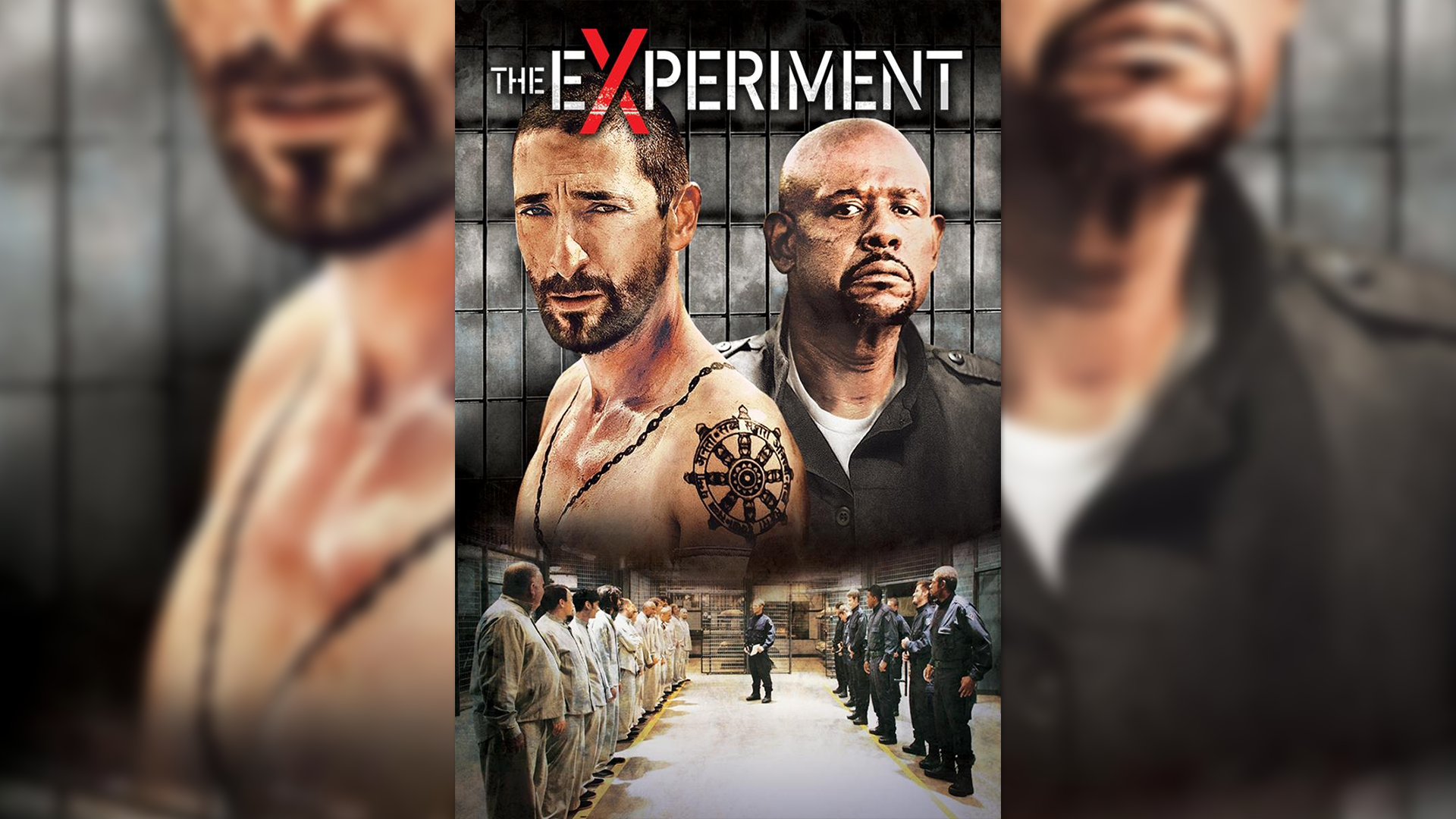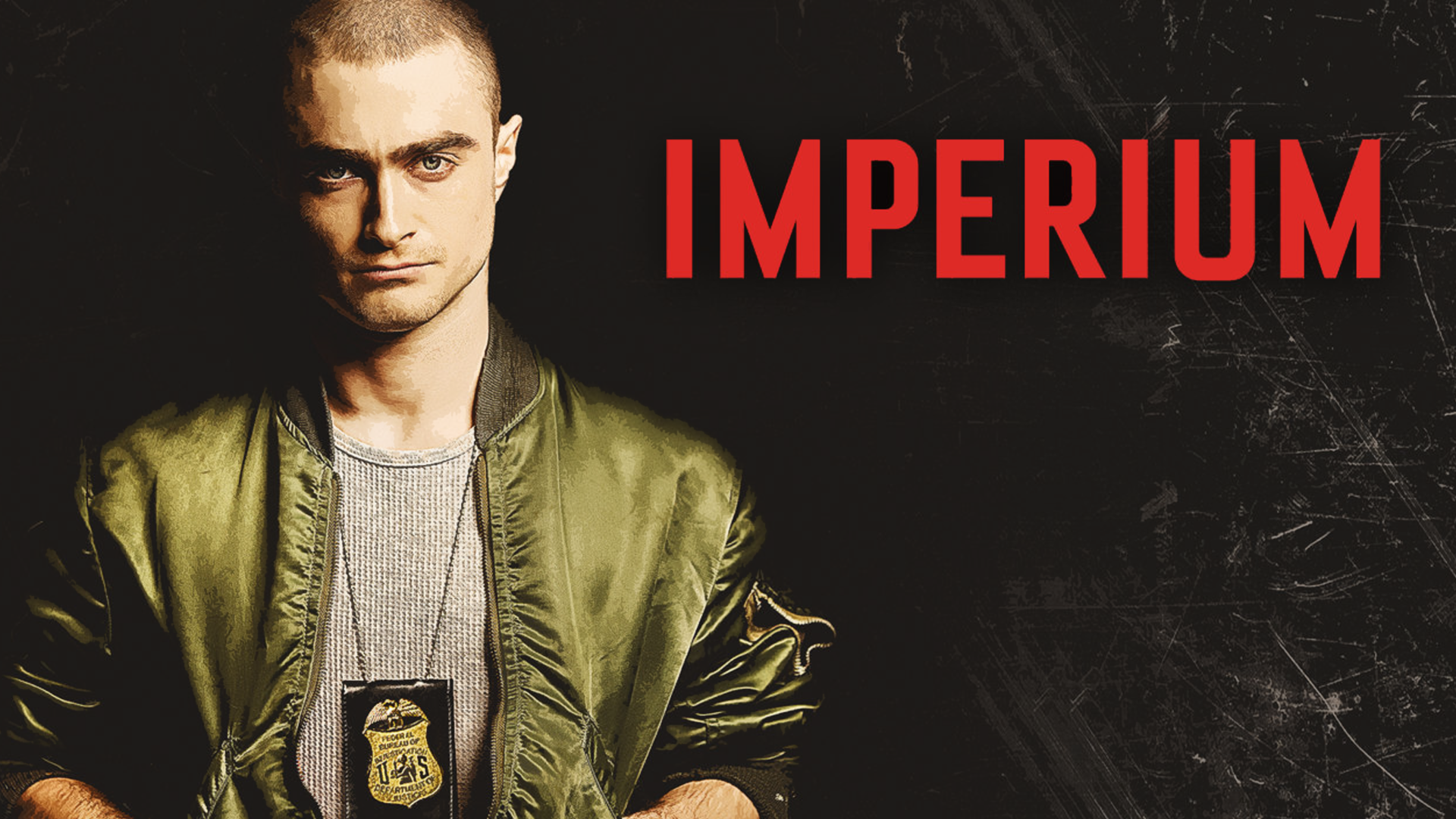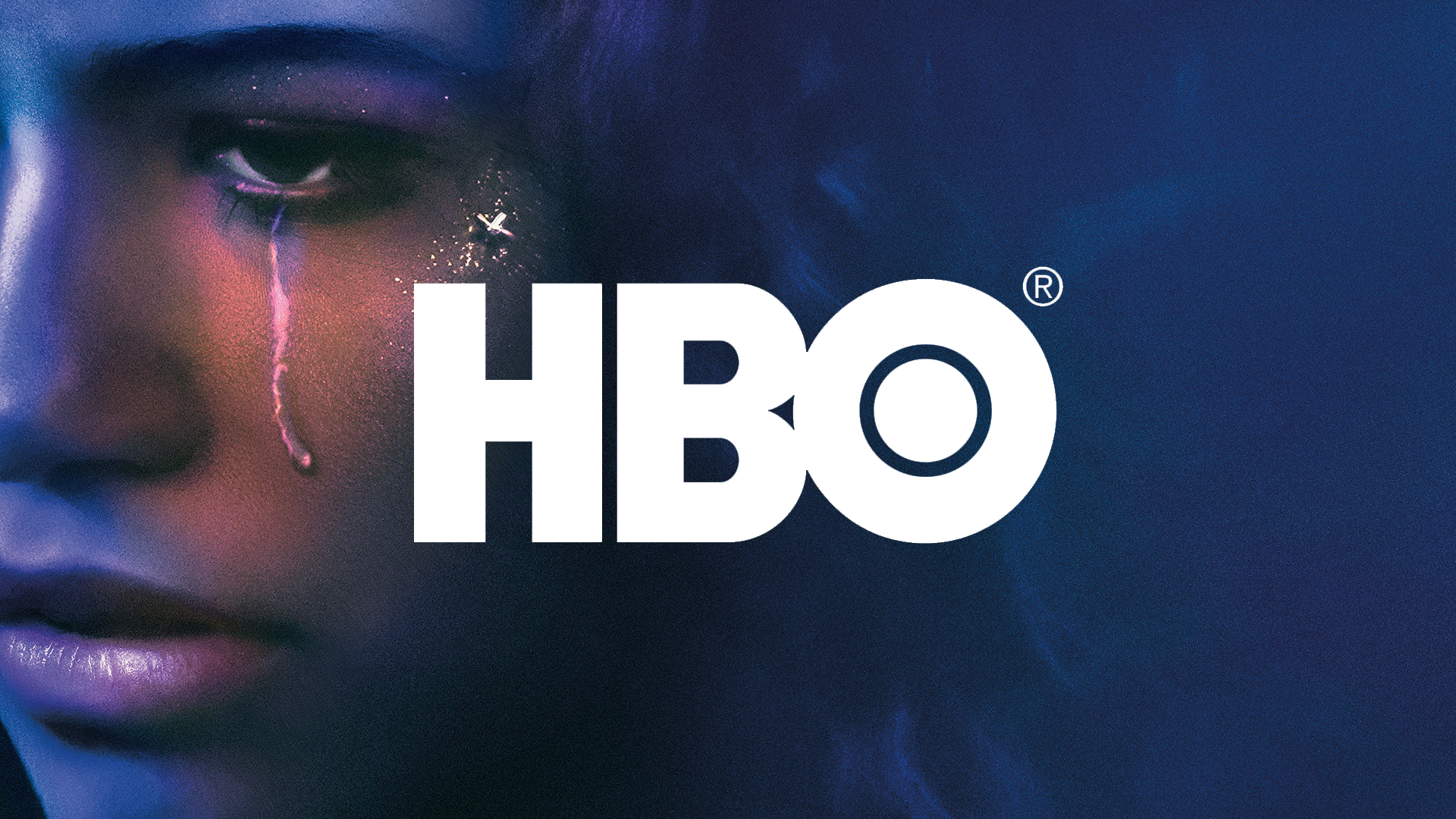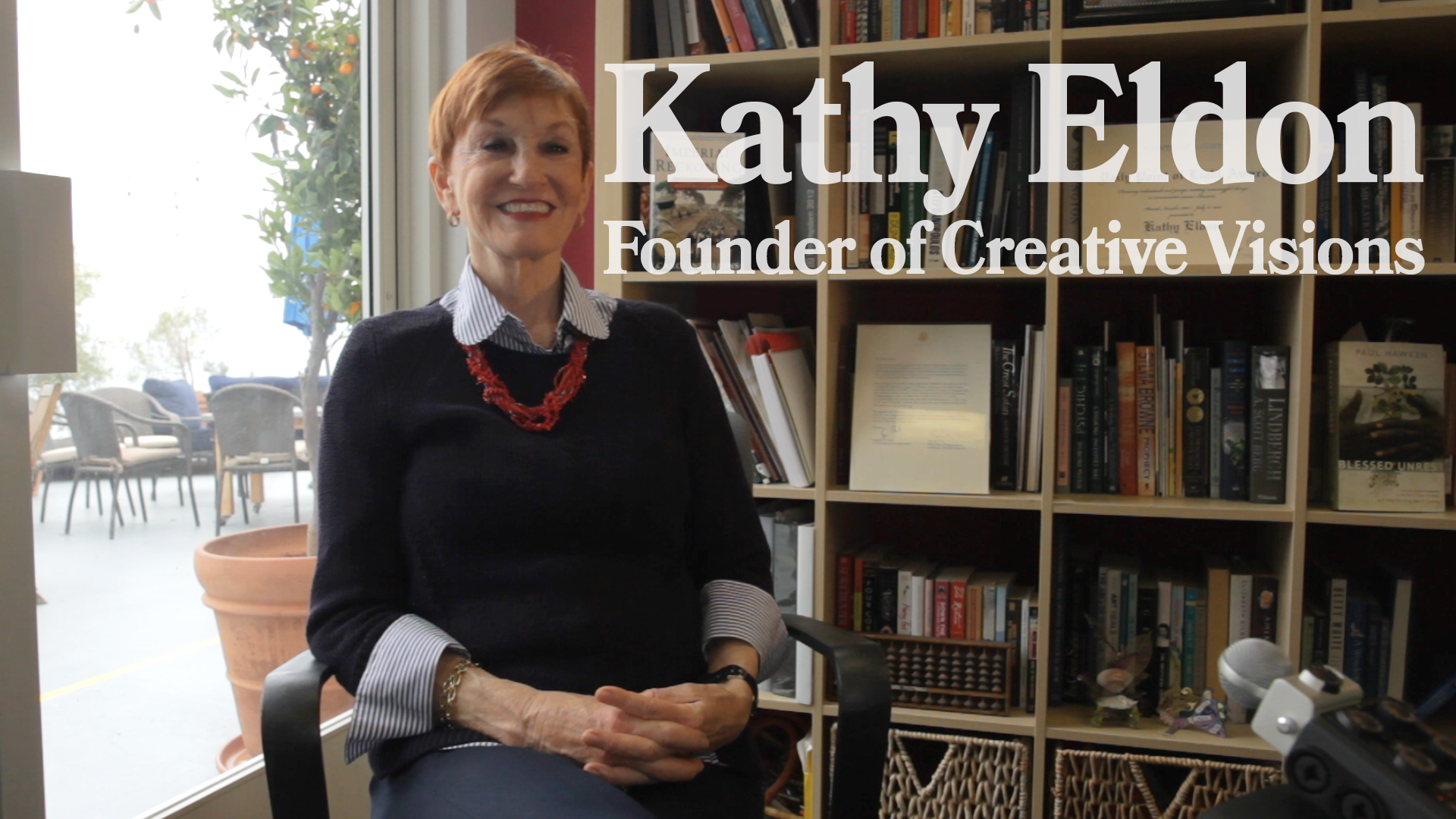When our developers noticed a bigoted online phenomenon – known as “brigading” – was affecting good.film’s recommendations, they knew we had a big decision to make.
Can we boast a sec? We’ve worked pretty hard (and wrangled a lot of ones & zeroes) to make good.film more than just a search platform. Unlike a vanilla browser, our movie-matching algorithm actually gets to know you: what you like, what you love and what kind of stories you’re passionate about – across every streaming platform!
But getting those recommendations right is easier said than done. That’s where Danny comes in.
What is a recommendation algorithm?
“Danny” is our pet name for the unique recommendation algorithm we’ve built – it’s the code in the background that drives the results on good.film. We poured countless hours into fine-tuning Danny so that, from the 100,000+ titles out there in streaming land (yes, really!), we can bring you exactly the kind of movies and shows you like best.
There’s a whole range of stuff that goes into a great recommendation. How new is the film? What’s its genre and themes? What kind of reviews did it get? A complex blend of queries like these help Danny to pull in your results. It’s a super efficient way to discover titles you’ll love – at least, until our browsers can read our minds (and we just know that day’s coming, right?).
The disturbing factor we found when we built our algo
You know when you watch something “so bad it’s good”, like a Hallmark Christmas movie? Just for fun, we built a preference slider into Danny we called “Hate Watch”. Dial it up, and after scanning the user-submitted ratings on The Movie Database, Danny would give you only the lowest rated titles. A sure-fire way to find some terrible 80s action movies, if that’s your thing!
We assumed it would be pretty accurate, but what we found was startling: we were seeing some really GOOD titles show up in that low rating dimension. Movies that objectively DON’T belong in the bin. If that field wasn’t accurate for showing a good title, what did that mean?
By definition, a crowdsourced system like online movie ratings is democratic – and because it’s democratic, that must be a good thing, right? Well, not always. What it doesn’t account for is deliberately low ratings. And if a highly vocal minority skew things to outweigh the majority, the overall rating is dragged down. That changes how a film can be perceived – sometimes dramatically so. It’s called “brigading”, and it’s more common than you might think.
Why does brigading happen?
“Brigading” is an online voting behaviour when people team up to manipulate certain results, like a poll, a survey – or an online movie rating. They might coordinate votes, spam the poll with fake votes, or use social media to rally others and spread misinformation. Brigading is unethical because skewing the rating misrepresents the true opinion of the online community.
Sadly, brigading against streaming titles almost always happens because there’s a strong and obvious racial or feminist component to the film or series. Here’s some examples of titles that we found had been brigaded within days, or sometimes hours, of being released:
- Hidden Figures, the Oscar-nominated drama about women African-American NASA mathematicians
- The Little Mermaid, the $569 million-earning Disney feature starring Black actress Halle Bailey as Ariel
- Queen Cleopatra and Anne Boleyn, series featuring British actresses of Jamaican ancestry in the lead roles
- Ghostbusters, the 2016 all-female reboot of the classic 1984 comedy
- Captain Marvel, the female-led Marvel superhero entry starring Brie Larson
- Star Wars: The Last Jedi, the second instalment of the Star Wars sequel trilogy featuring Asian-American actress Kelly Marie Tran
The groups doing this brigading may only be small, but because they have certain agendas (like say, passionately sabotaging narratives that explore racial & gender equity), the ratings of the titles they target get disproportionately affected. It’s a factor that quickly exposes the negative underbelly of online behaviour – even for something as fun as movie watching.
What we did to combat brigading
Suddenly, our developers knew they had an ethical decision to make: the proof was hard to ignore. “All these ‘low-rated’ movie posters have people of colour or women… or both,” they realised as they scrolled through the low-rated titles. “This isn’t right.”
Our tech team made a value judgement: despite being a cool feature, ‘user submitted ratings’ can be warped by the brigading effect, so we decided good.film simply wouldn’t use them. We removed this piece of data entirely from Danny’s algorithm, so you won’t see any “scores” on our site. It means that, if you’re angry about a title, the worst you can do is share your thoughts in a review – not vindictively rank it 1/10 when it’s actually a decent movie others might enjoy.
To put it another way, we’ve made sure that brigading physically can’t happen on good.film by being conscious of the “inputs” we offer. And turning a block into a win, we came up with an ever better feature: instead of numerical rankings, you can label a movie or show with “causes”. It’s a feature that gives other users a far better idea of what the story is really about.
Our mission at good.film
One of the fundamental elements of our good.film mission is depolarization. We’re not about clickbait, backlash and angry debates. We’re always thinking deeply about how to create a culture that is kind, reflective and respectful, and not just adding to the noise. Online, that’s no small task!
With debate still swirling around AI that perpetuates racial and gender biases, we’re proud that we developed Danny so your results wouldn’t be skewed by hate groups. Because a great movie’s a great movie – no matter what a number between 1-10 says.


